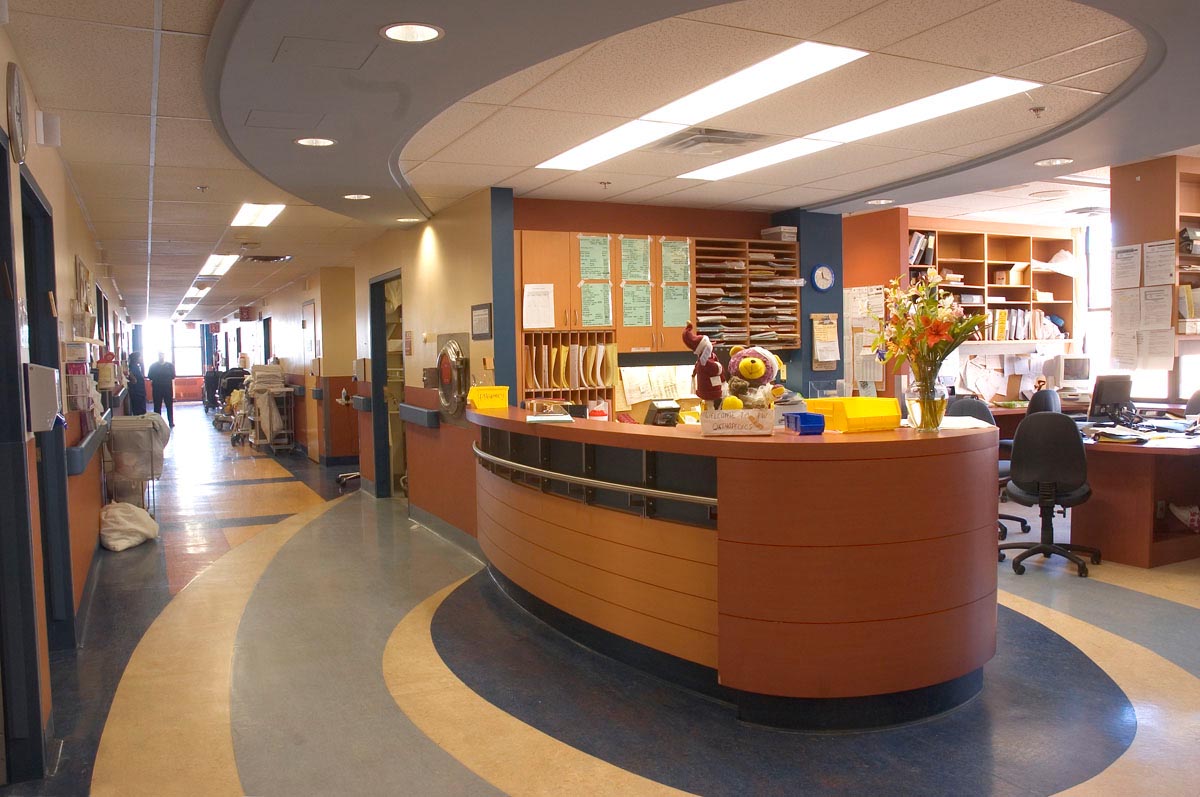A year after McGill University’s teaching hospitals ended the era of 24-hour shifts for residents in internal medicine, the transfer of patient information between daytime and nighttime shifts seems to be one of the biggest challenges facing the new system, the head of the program says. 
Physicians both for and against the new system say it produces more transfers of information, which opens the possibility for more errors in exchanges of information.
But Dr. Tom Maniatis, program director for the McGill internal medicine residency training program, said the new system is going well and has generated positive feedback – despite some initial resistance from physicians who had a hard time abandoning the old system. “Overall, we find residents are more rested and able to learn better,” Maniatis said. “On the day side, we see the continuity of care has improved, the environment is more stable and there is less fragmentation.”
Read more ►A year after McGill University’s teaching hospitals ended the era of 24-hour shifts for residents in internal medicine, the transfer of patient information between daytime and nighttime shifts seems to be one of the biggest challenges facing the new system, the head of the program says.

Physicians both for and against the new system say it produces more transfers of information, which opens the possibility for more errors in exchanges of information.
But Dr. Tom Maniatis, program director for the McGill internal medicine residency training program, said the new system is going well and has generated positive feedback – despite some initial resistance from physicians who had a hard time abandoning the old system. “Overall, we find residents are more rested and able to learn better,” Maniatis said. “On the day side, we see the continuity of care has improved, the environment is more stable and there is less fragmentation.”
Read more ►
